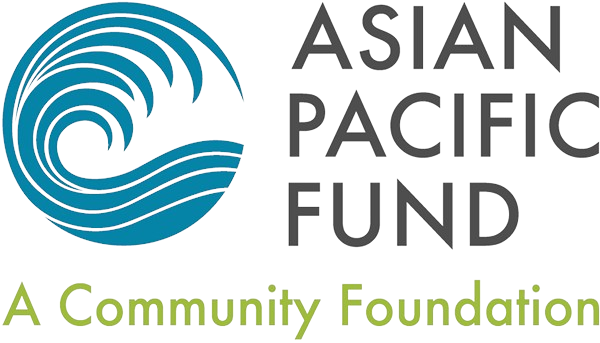Once Again, From the Top
Philip Chang, 2nd Place
12th Grade
Orinda
The stereotypical Chinese mother forces her brood to learn to play a musical instrument. Day after day, she pushes her children to practice dutifully by means of omnipotent rule. My own tiger mother, however, takes a different route. She does not force my brother or me to do anything—she just very simply lays out exactly how disappointed she would be if we ever stopped our musical studies. A good number of international crises would be resolved if my mother were at the head of the negotiating table.
Even so, when I began playing the violin in the third grade, I loved it without any nudging from my matriarchal tigress. After my parents bought me my first violin, I hugged my instrument tightly and vowed to cherish it forever. Week after week, I practiced until my violin’s fingerboard stained my fingers with its black finish. By the seventh grade, I was concertmaster of my youth orchestra. I loved to stand out and glowed in the applause that cascaded down on me after the final notes of a solo. “Once again, from the top!” my conductor would bark at rehearsal, and invariably I felt a thrill as I led my section to play the music anew.
As the years went by, however, I found myself practicing for long hours mostly out of habit and to appease my parents. Lessons became lessons in creativity, not because of the music I was creating, but because I would always try to concoct some reason to avoid practicing. At orchestra rehearsals, downbeats transformed into the slow tick-tock of a clock as I waited for time to run out. Ultimately, I found myself marching to what I believed to be the beat of my mother’s tacit expectations.
Finally, I couldn’t take it anymore. I saw no reason to continue my musical studies if I was wholly uninterested. But this is when the fear stepped in. In the mind of a disillusioned Asian teenager (which I was), the ideal Asian son agrees humbly to his parents’ desires, fulfilling their expectations to the best of his ability with wild success. What I wanted was a complete break from the expected norm: I wanted to quit violin because I had completely lost interest. Yet when I expressed my sentiments with hesitant trepidation, my mom was surprisingly amenable. This came as a surprise. Puzzled by how easy it was to convince my parents, I turned my attention pointedly away from violin and from orchestra. But as the hustle and bustle of my busy year wore down, I felt an unfamiliar void.
Eventually, I realized that I actually missed playing, but I wasn’t quite sure why. Was it the thrill of successfully executing an impressively difficult passage? Or perhaps the quiet pride that accompanies being selected for an exalted orchestra seat? In any case, I decided to audition for the Young People’s Symphony Orchestra. As I re-disciplined my hands and entered the group, I discovered that music meant something altogether different to me.
After putting my violin on the back burner for a year, I can no longer truly compete with the most serious musicians. But it doesn’t matter because I have since found that playing the violin is no longer about standing out. Instead, my orchestra is much more than a competition—it is the summation of its parts and its joy is in each individual’s contribution. The best part of playing in an orchestra is witnessing the blending of each member’s breath, pulse, and musical phrasing. The most exciting part is hearing how dramatically the orchestra’s blend can change, in one instant startling the listener and in the other, dying away into a wispy rumor.
Because of my hiatus I rediscovered the joy I had felt when I first picked up the violin. My zeal for music is actually strengthened, because my interest is now of my own volition. Thankfully, my parents did not act as I had heard stereotypical Asian parents do upon hearing the news that their child wants to quit. Never to be accused of being one-dimensional tiger parents, they supported my decision because they wanted me to choose my own course of action. It is a small victory, but I am no longer just another Asian teenager forced to orchestra rehearsal on Monday nights. Instead, I find myself a young musician thankful for the opportunity to sit, listen, and offer his notes into the onrushing stream of the whole.

